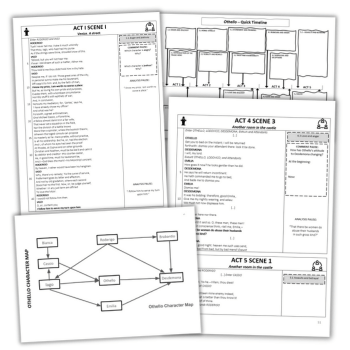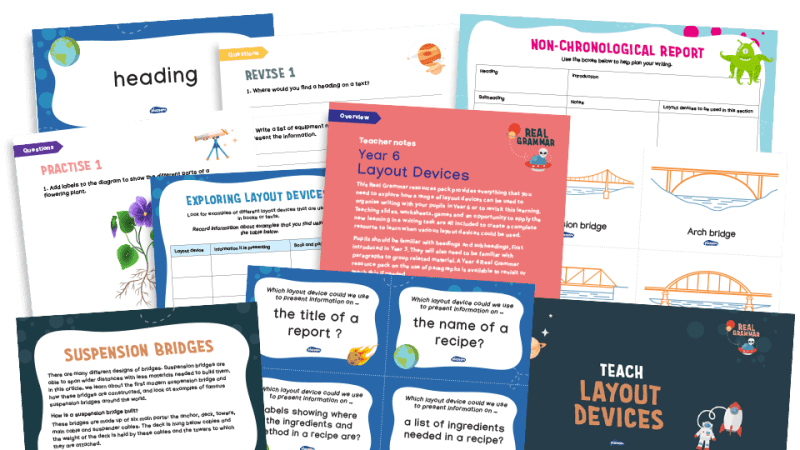Emilia quotes in Othello – 8 quotes from the play explained

The male characters of Othello may lack moral fibre and wisdom, but the same certainly can’t be said for Desdemona’s maid and Iago’s wife, writes Helen Mears…

- by Helen Mears
- English teacher and British Shakespeare Association education committee member

These selected Emilia quotes from Shakespeare’s Othello offer secondary students a powerful lens through which to explore themes of loyalty, gender and morality…
Who is Emilia in Othello?
In a play dominated by men (the scheming Iago, the gullible Othello and the beleaguered Cassio), Emilia acts as a voice of honesty and reason.
Although fiercely loyal to her mistress, Desdemona, she inadvertently allows her to be snared in Iago’s trap. Her efforts to save her come too late.
Emilia quotes from Othello
A character with strength
“You have little cause to say so.” (Act 2, Scene 1)
Emilia’s first words in the play are to challenge her husband when he is deriding her in front of his superiors. It establishes her as a character with strength.
Vital decision
“I will bestow you where you shall have time To speak your bosum freely” (Act 3, Scene 1)
Emilia inadvertently opens Desdemona to Iago’s schemes by agreeing to allow Cassio access to Desdemona to beg for her help in reconciling him with Othello. Neither woman realises the implications this decision will have.
Daring to question
“What will you do with’t that you have been so earnest to have me filch it?” (Act 3, Scene 3)
When Emilia gives Iago the infamous handkerchief, she instantly begins to suspect his motives in asking for it. When she dares to question him, he turns on her and sends her away.
Nature of men
“They are all but stomachs, and we all but food; To eat us hungerly, and when they are full, They belch us.” (Act 3, Scene 4)
Emilia is full of experience and wisdom which she often shares with Desdemona. Here she warns her about the nature of men.
It’s obvious to the audience that there are issues in Emilia and Iago’s marriage and that he treats her badly. We do not, however, know if there is any truth in Iago’s accusation towards Othello that “‘twixt my sheets He has done my office”.

Free Shakespeare posters for your classroom
Whether you’re reading Macbeth, Romeo & Juliet, Hamlet, Much Ado About Nothing, Othello or The Tempest, decorate your class with these colourful key quote posters for students to analyse.
Jealousy
“But jealous souls will not be assured so; They are not ever jealous for the cause, But jealous for they are jealous; ‘tis a monster Begot upon itself, born of itself.” (Act 3, Scene 4)
Just as Iago warns Othello to beware of jealousy, Emilia tells Desdemona that jealously is a monster that eats away at a person.
We are aware that only one of them is sincere in this warning. Emilia acts as an honest echo of her dishonest husband.
Honesty
“I durst, my lord, to wager she is honest, Lay down my soul at stake.” (Act 4, Scene 2)
The word ‘honest’ is a clear motif in the play. Again, we have Emilia’s sincere pronouncement that Desdemona is honest devalued by the fact that the word has been frequently used to describe her insincere husband.
Irony
“I will be hang’d if some eternal villain, Some busy and uninsinuating rogue, Some cogging, cozening slave, to get some office, Have not devised this slander:” (Act 4, Scene 2)
Shakespeare again uses irony. Emilia is right, this is exactly what has happened. What she does not yet know is that her own husband is the rogue in question.
Learning the truth
“If he says so, may his pernicious soul Rot half a grain a day! He lies to the heart.” (Act 5, Scene 1)
Finally, the truth hits Emilia. She realises that it is indeed Iago who has filled Othello’s head with lies that have led to him murdering the innocent Desdemona.
She dies at the hands of her husband, but she does so leaving the audience with a strong sense of her integrity.
Helen Mears is an English teacher who sits on the education committee of the British Shakespeare Association.
- Browse Romeo and Juliet KS3 and KS4 resources
- Download a free Othello analysis resource
- Read more about recurring Shakespearean character archetypes










